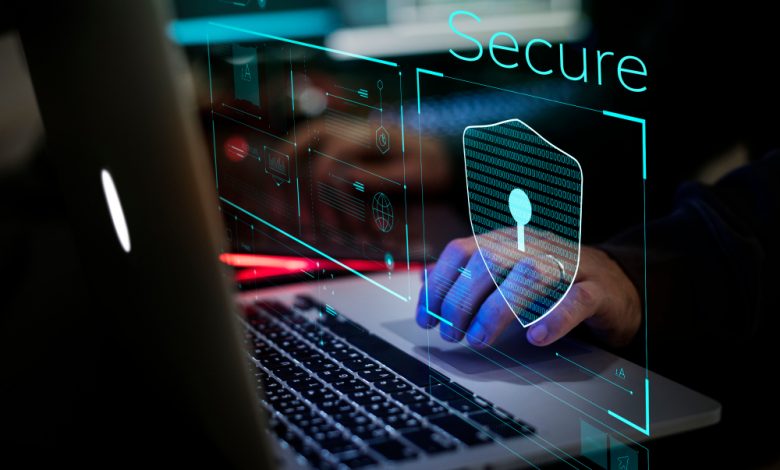
Cybersecurity is something you can’t afford to ignore. There are plenty of cybersecurity threats out there, but there are also plenty of basic things you can do to protect yourself. It’s best to take a multi-layered approach to cybersecurity to reduce the risk of falling victim to an attack.
Using a combination of software, firewalls, and other tools can help to prevent malware from infecting your computer, phone, or Wi-Fi network. Here are some cybersecurity basics to keep in mind.
Table of Contents
Cybersecurity AI
AI is becoming an integral part of cybersecurity. AI helps to tackle many potential cybercrimes and prevent them. Security companies have started to train AI tools to predict when attacks can happen, alert users to phishing attempts in real-time, and alert users to social engineering scams before they can become an issue.
Protect Against Malware
Protecting yourself against malware is one of the most important things you can do for cybersecurity. Protection against malware will always be relevant as such threats continue to get more advanced. You need to have an antivirus program of some kind installed on your network to counter suspicious activity. Antivirus programs include tools that provide warnings against suspicious websites, flagging spam emails and more to keep your computer safe.
Mobile Protection
Mobile devices become more at-risk as people rely on them more. They have become one of the biggest targets for cybercriminals, and the trend is only getting worse. Leaving your phone unattended or losing it on public transport is a significant risk. The good news is that several tools can protect mobile devices and prevent unauthorized access. Application security is another issue that experts have to deal with. Experts recommend that you use cybersecurity tools on your mobile devices as well as on your computer. These tools can flag potential trojan viruses and apps that demand too many privileges.
Online Security
Online and browser security involves protecting yourself when connected to the internet and preventing data tied to browsers from being exposed. This consists of protecting against malware. There are several antivirus tools for browsers, including pop-up lockers and ad-blockers, to prevent suspicious and malicious ads and pop-ups from appearing. There are also advanced tools, such as two-factor authentication, security-focused plugins, and encrypted browsers that secure data.
Wi-Fi Security
There are risks to using open public Wi-Fi networks. These networks expose you to man-in-the-middle attacks. You can defend against such attacks by keeping software updated and avoid using password-protected websites on public Wi-Fi. That means you shouldn’t do your banking or use emails and social media when connected to an open network. The best way to protect yourself on an open network is to use a VPN. VPN services create a Virtual Private Network that encrypts data sent across a Wi-Fi connection, even if the connection itself is not secure.





Leave a Reply
Thank you for your response.
Please verify that you are not a robot.